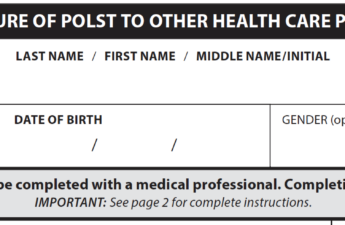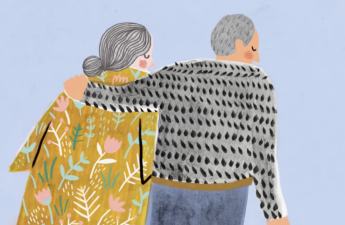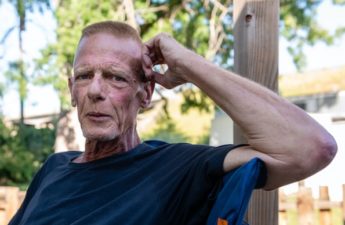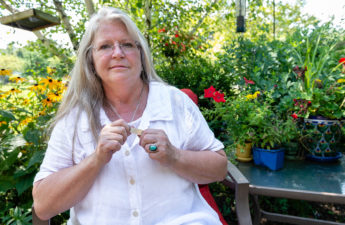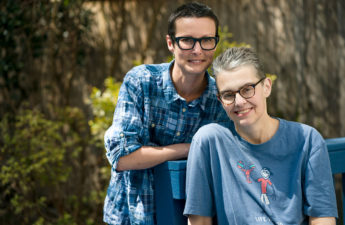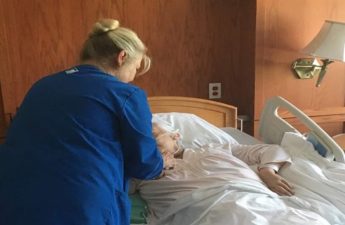Category: End-of-Life Care
Hospice care for those with dementia falls far short of meeting people’s needs at the end of life
Strikingly, only 12% of Americans with dementia ever enroll in hospice. Among those who do, one-third are near death. This is in stark contrast to the cancer population: Patients over 60 with cancer enroll in hospice 70% of the time. In my experience caring for dementia patients, the underuse of hospice by dementia patients has more to do with how hospice is structured and paid for in the U.S. than it does patient preference or differences between cancer and dementia.
How Advance Care Planning Neglects Black Americans
Advocates say such advanced care plans are especially important for Black Americans, who are more likely to experience racial discrimination and lower quality care throughout the health care system. Advance care planning, they say, could help patients understand their options and document their wishes, as well as reduce anxiety for family members.
What actually is palliative care? And how is it different to end-of-life care?
Palliative care is not voluntary assisted dying. It does not aim to hasten or prolong death. It is not just for people who are about to die and seeking palliative care does not mean “giving up”. In fact, it can be a profound and positive form of care that the World Health Organization (WHO) has recognised as a basic human right. But what does it involve?
Ask a Chatbot: ‘What’s for Dinner?’
Some health and wellness professionals say ChatGPT’s ability to have conversations can be useful for generating meal plans and ideas for people who have specific health goals and dietary needs.
Terminally ill, he wanted aid-in-dying. His Catholic hospital said no.
Centura Health Corp., the Christian-run hospital, barred its doctors from providing him the assistance even though it is allowed by state law.
Diagnosed With Dementia, She Documented Her Wishes. They Said No.
Even when people document their choices ― while they still have the ability to do so ― there’s no guarantee those instructions will be honored.
‘Unskilled’ immigrants help to ease the pain of dying Americans
Without immigrants, there could be fewer people to take on the difficult task of helping our family members live out their last days.
In Secret, Seniors Discuss ‘Rational Suicide’
More seniors are weighing the possibility of suicide as the baby boomer generation — known for valuing autonomy and self-determination — reaches older age.
Palliative Care Power Couple Faces Cancer At Home
Since her diagnosis with advanced ovarian cancer, she chose to forgo treatment for palliative care, It’s a choice made by fewer than 2% of patients.
Oversight of hospice care poor – report
While many of the nation’s hospices earn high satisfaction rates, hundreds fell short of their obligations, abandoning families at the brink of death.
How hospice workers deal with death
As intense as hospice care is, you seldom hear any of the doctors, nurses, aides, and other hospice care workers describe the job as grim, sad or dispiriting.
That ‘living will’ you signed? At the ER, it could be open to interpretation.
Doctors and nurse receive little, if any, training in understanding and interpreting living wills, DNR orders and Physician Orders for Life-Sustaining Treatment forms, either on the job or in medical or nursing school.

